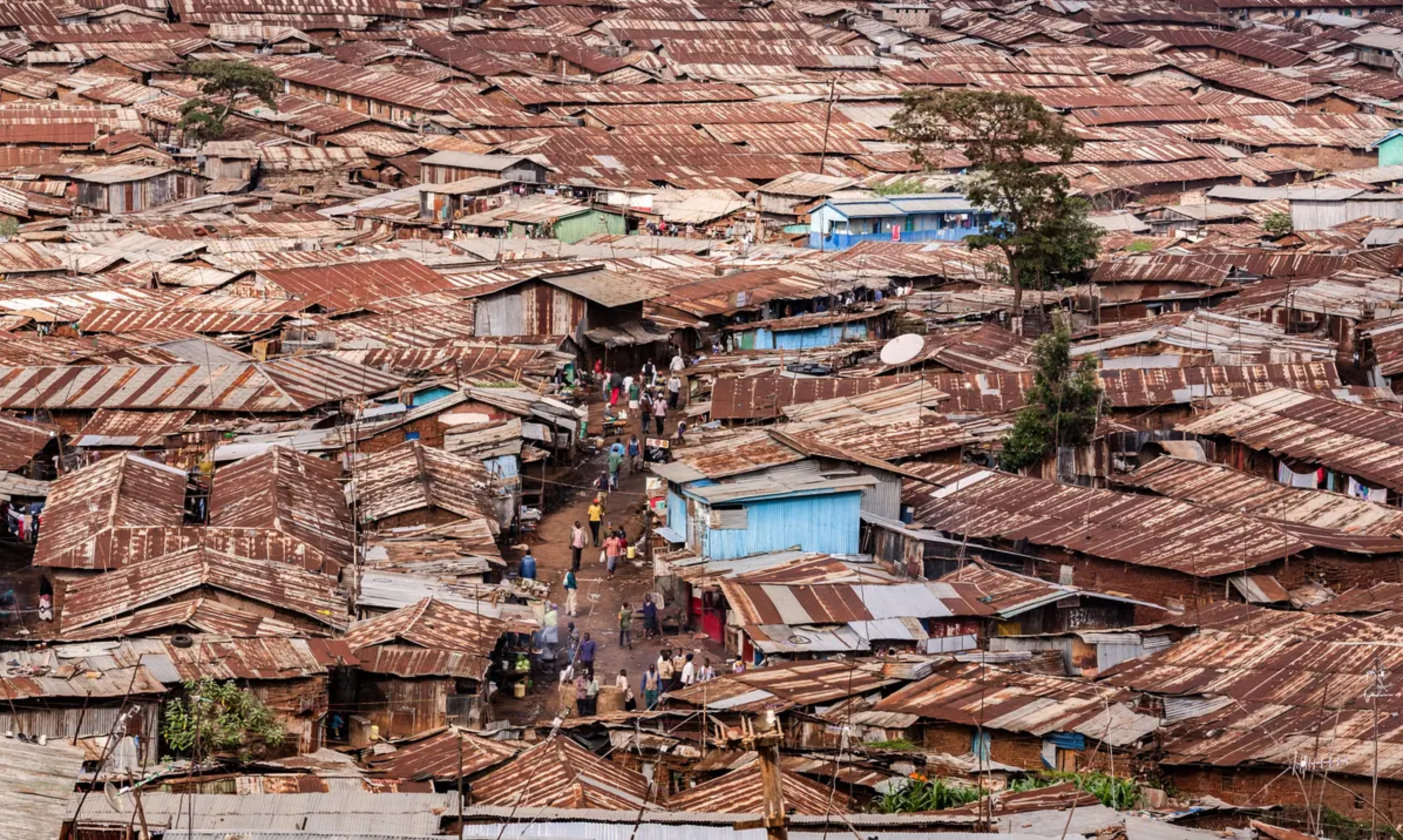By Akanimo Sampson
Co-founder of Slum Dwellers International (SDI), Sheela Patel, and CEO of Global Resilience Partnership, Deon Nel, have jointly said that a ‘’zoonotic’’ pandemic has adversely affected vulnerable communities living in dense slums and dependent on daily wages from informal work.
According to them, the COVID-19 pandemic has starkly exposed many fragilities of the modern world, and ‘’fragilities driven by an unsustainable, unequal, and hyper-connected global economic structure that has become obsessively focused on top-down productivity and efficiency at the expense of resilience and social inclusion.
‘’A zoonotic pandemic, ultimately caused by an exploitative human relationship with nature, has led to one of the greatest global disruptions in modern history. In addition to the hundreds of thousands of deaths, the pandemic has cascaded into massive social and economic impacts that have most acutely affected vulnerable communities living in dense slums and dependent on daily wages from informal work.’’
It is estimated that 1.6 billion informal workers lost up to 80% of their income due to lockdown measures, with warnings of the largest economic recession since World War II and the biggest food crisis in half a century.
Hyper-connected and highly concentrated economic and food systems, overly focused on productivity and efficiency, have been especially exposed and vulnerable communities in regions such as Sub-Saharan Africa and South Asia will be hardest hit.
Despite these overwhelming challenges, grassroots organisations are playing a remarkable role in building community resilience in the face of COVID-19.
These locally rooted organisations have often been the only boots on ground and have demonstrated how invaluable trusted planning, decision-making and knowledge brokering processes are at a time of crisis.
Local community leaders have been able to rapidly assess vulnerabilities and find creative ways of directing support to where it is needed most.
They also provide trusted channels of reliable information at a time when misinformation spreads faster than the pandemic itself. Even more important, grassroots organisations, if supported and empowered, are able to work with authorities to proactively build the resilience of the most vulnerable.
With trillions of dollars in post-COVID-19 stimulus packages being prepared, the term resilience is being widely used by global and national leaders to describe the future we should be building. But there is little evidence that these commitments will in fact build resilience and protect the most vulnerable from future shocks.
‘’This will require investments that have a deep accountability to addressing the needs of the most vulnerable; and should be built around the following fundamental pillars:
‘’Investing in inclusive governance, that strengthens the role of grassroots organisations with the necessary contextual understanding and trusted local relationships to have the greatest impact. These organisations are not only critical to responding to shocks but also vital to proactively building long term resilience.
‘’Diversifying and localising highly concentrated value chains, such as characterised in the food, energy, and finance sectors. Most notably, diversified and localised food value chains greatly increase the options for maintaining food security during unpredictable and compounding shocks and stresses. Diversifying highly centralised fossil fuel dependent energy systems to more decentralised renewable energy networks brings similar resilience benefits.
‘’And, building a new relationship with nature that recognises that human wellbeing and planetary wellbeing are intertwined and inseparable. This relationship needs to recognise the key role that nature plays in protecting and sustaining vulnerable communities during shocks and stresses, but also the systemic risks related to the reckless exploitation of nature.
‘’Building a resilient future in a turbulent and uncertain world will require global solidarity that recognises that we are all only as resilient as the most vulnerable amongst us. Resilience and social inclusion are inseparable’’, Patel and Nel said.




